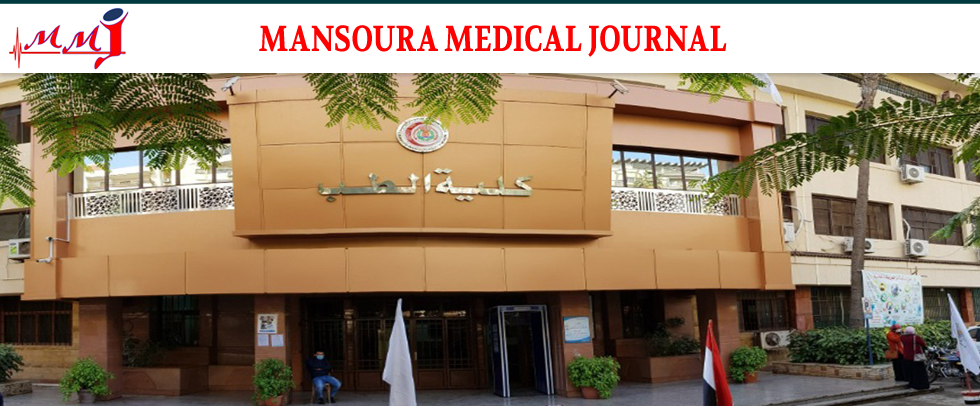Subject Area
Pathology
Article Type
Review Article
Abstract
Colorectal cancer (CRC) is one of the most prevalent and deadly neoplasms. It develops through several molecular pathways and varies in clinical presentation and patient prognosis. The prognosis of CRC is influenced by variable pathologic and molecular variables. Understanding the molecular basis that promote CRC progression, invasive and metastatic features, is important for establishing effective CRC therapeutic strategies. Epithelial mesenchymal transition (EMT) is regarded to be key hallmark of CRC carcinogenesis, providing metastatic capacities to cancer cells by promoting motility and invasion. During this process, epithelial markers such as E-cadherin are down-regulated, whereas mesenchymal markers such as Vimentin are up-regulated. Several signaling pathways crosstalk to each other to initiate and maintain the process of EMT. Both the transforming growth factor-β (TGF-β)/SMAD4 and wingless-type mouse mammary tumor virus integration site family (Wnt)/β-catenin pathways, often cooperatively, induce EMT during cancer metastasis. Assessment of EMT-related markers, is important to predict the aggressive behavior of tumors, and is associated with higher risk for local or distant recurrence and poor survival outcomes in patients with CRC.
Recommended Citation
Emile, Mona; Ibrahim, Dina; El-Karef, Amr; Eldosoky, Ibrahim; and Awad, Mohammed
(2021)
"Relation between epithelial-mesenchymal transition and colorectal cancer prognosis: Impact of SMAD4 and β-catenin markers,"
Mansoura Medical Journal: Vol. 50
:
Iss.
4
, Article 2.
Available at:
https://doi.org/10.21608/mjmu.2021.105430.1051
Creative Commons License

This work is licensed under a Creative Commons Attribution 4.0 International License.



